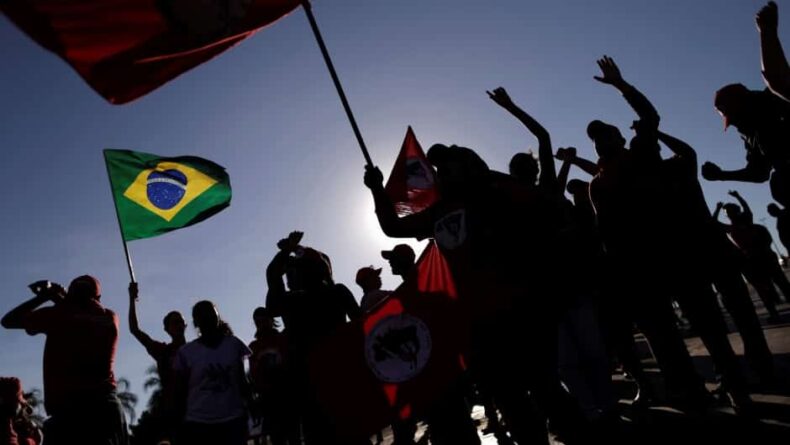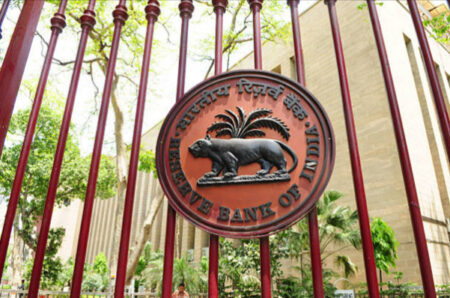According to a United Nations report (2019 edition), about 1% of the wealthiest Brazilians possess nearly a third or more precisely 28.3% of the country’s income, resulting in the second-highest income concentration in the world.
In Brazil, there is not much to celebrate among its ethically, socially, and financially diverse population regarding the distribution of wealth.
Brazil, the country that pledges equality right at the beginning of the constitution, is one of the most socially unequal in the world.
Identical to many other countries, Brazil’s social inequality crisis did not emerge overnight. Its disparities result from the historical accumulation of elite political and social institutions that hamper all citizens’ adequate distribution of wealth and opportunities.
The present brazen contrast between classes has resulted from Brazil’s historical realities, such as being the last nation in America to abolish slavery in 1888 or long-delayed recognition of illiterate people’s right to vote in1988.
In a conversation, Filipe Campante, professor at Hopkins University and HPR, Brazilian Economist, elaborated on the impact of Brazilian history on its current discriminated reality. Campante said, “History drives and reproduces Brazilian political inequality that only feeds economic and social inequality.”
In the present structure, countless unreasonable privileges are enjoyed by the wealthiest segment of the population. According to the economist, Brazilian institutions have prioritized protecting “people at the top of the economic pyramid and making the bottom level population vulnerable.”
Campante also threw some light upon the exaggerated risks, such as unemployment, criminality, and job informality, to which the poorest fellow citizens of Brazil are subjected.
In terms of Brazil’s economy, the country has an unstable job market, especially in the service sector. In addition to this instability, there is an existing tendency of “reprivatization,” a term that concerns the decay of technological and industrial activities resulting in a greater focus on the exportation of commodities- oil and agricultural goods.
Dutra proposed some incremental reforms to tackle the extending inequality in the county. He claims, “Incremental reforms considered radical but gradual are the best solutions, and they were used by phenomenal economic advances in countries like South Korea.”
They are composed of upgrading the labor and industry system, enhancing primary education, and boosting citizens’ political participation and knowledge about their rights and duties.
Brazil has mainly three institutional imperfections: –
- Unequal National labor system
- Disproportioned access to education
- Complex and Unfair tax system
In detail, we will analyze the third point, i.e., the Brazilian tax system. Being highly complex and inaccessible, it discourages investors in two ways. Firstly, due to the tremendous amount of time and money spent on tax compliance and fulfilling all tax obligations as specified by the law.
Secondly, this causes a massive degree of litigation between the taxpayers and the tax authority, with about an amount equivalent to 75% of Brazil’s national GDP involved in tax claims.
According to OCED rank, Brazil is ranked the fifth most challenging country to pay taxes and one of the least efficient tax systems globally.
The country’s poor residents remain unaware of the unequal amount they pay in consumption taxation as compared to their wealthier countrymen. The tax system’s complexity and lack of transparency only favor this unequal status quo.
The country observes a predominantly regressive tax system model based on consumption taxation. In such a regressive or indirect model, according to the Economic Times, “there is an inverse relationship between the tax rate and taxable income.
The rate of taxation decreases as the income of taxpayers increases,” causing a disproportionate collection of taxes from poor people rather than their affluent counterparts.
Despite many initiatives undertaken by the country to rethink its present system, there has always been a lack of political harmony among the state, federal, and municipalities regarding the collection of taxes.
Edited By: Amisha Rampal
Published By: K. Bindhiya Prarthana
READ MORE: Tunisia: The new constitution can plunge the country into a democratic darkness













